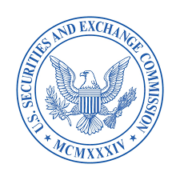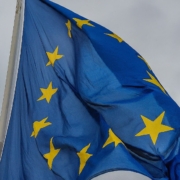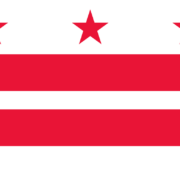Aligning with the EU Pay Transparency Directive: France’s Amendments in Loi Avenir Professionnel
Introduction
In a significant move towards promoting wage transparency and gender equality, France is aligning its national legislation with the EU Pay Transparency Directive through amendments in the Loi Avenir Professionnel. These changes aim to enhance pay transparency, reduce the gender pay gap, and ensure fair compensation practices across the country. As businesses adapt to these new regulations, understanding the implications of these amendments and how to comply is crucial.
Understanding the EU Pay Transparency Directive
The EU Pay Transparency Directive, adopted on May 10, 2023, is designed to strengthen the application of the principle of equal pay for equal work or work of equal value between men and women. Key provisions of the directive include:
- Salary Transparency: Employers must inform job seekers about the starting salary or pay range of advertised positions, whether in the vacancy notice or ahead of the interview [1].
- Prohibition of Pay History Questions: Employers are prevented from asking candidates about their pay history [1].
- Right to Information: Workers are entitled to ask their employers for information about average pay levels, broken down by sex, for categories of employees doing the same work or work of equal value [1].
- Reporting Obligations: Companies with more than 250 employees must report annually on the gender pay gap in their organization to the relevant national authority. Smaller organizations must report every three years [1].
- Action Plans: If the report reveals a pay gap of more than 5% that cannot be justified by objective, gender-neutral criteria, companies must take action in the form of a joint pay assessment carried out in cooperation with workers’ representatives [1].
- Compensation and Penalties: The directive includes provisions for compensation for victims of pay discrimination and penalties, including fines, for employers who break the rules [1].
France’s Amendments in Loi Avenir Professionnel
To align with the EU Pay Transparency Directive, France is amending its Loi Avenir Professionnel. Key amendments include:
- Salary Range Disclosure: Employers must include salary ranges in job advertisements and provide this information to candidates during the recruitment process [2].
- Prohibition of Pay History Questions: Employers are prohibited from asking candidates about their previous salaries [2].
- Enhanced Gender Equality Index: The existing gender equality index will be overhauled to include seven harmonized indicators at the EU level, such as the average pay gap between women and men, the pay gap in variable components, and the distribution of women and men by pay quartile [1].
- Reporting and Transparency: Companies with more than 250 employees must report annually on gender pay gaps, while smaller companies must report every three years [2].
- Action Plans for Pay Gaps: Companies must develop action plans to address any gender pay gaps exceeding 5% that cannot be justified by objective criteria [2].
How Canopy Can Help
Canopy offers comprehensive solutions to help businesses comply with the amendments in Loi Avenir Professionnel and promote fair pay practices:
- Compliance Framework: Canopy provides a robust framework to help businesses develop and implement policies that comply with the directive and national amendments. This includes guidelines for regular reviews and updates to ensure ongoing compliance.
- Wage Analysis Tools: Canopy offers tools to analyze wage data and identify potential discrepancies. These tools help businesses ensure that their pay practices are fair and aligned with the directive’s requirements.
- Third-Party Audits: Canopy facilitates third-party audits to provide an independent assessment of wage practices. These audits help verify compliance with the directive and national amendments, ensuring fairness, transparency, and accountability.
- Training Programs: Canopy provides training programs to educate employees and managers about the provisions of the directive and the importance of wage transparency. This helps create a culture of fairness and compliance within the organization.
- Legal Support: Canopy’s legal experts can assist businesses in navigating the complexities of the directive and national amendments, providing guidance on compliance and defending against potential claims.
- Continuous Monitoring: Canopy’s solutions include continuous monitoring of pay practices to detect and address any emerging discrepancies. This proactive approach ensures that businesses remain compliant with the directive and other evolving regulations.
Conclusion
France’s alignment with the EU Pay Transparency Directive through amendments in the Loi Avenir Professionnel represents a significant step towards achieving pay equity in the workplace. As businesses strive to comply with these regulations, Canopy’s comprehensive solutions provide the tools and support needed to ensure fair and transparent pay practices. By partnering with Canopy, businesses can not only comply with the law but also foster a culture of equity and fairness.
References









Leave a Reply
Want to join the discussion?Feel free to contribute!